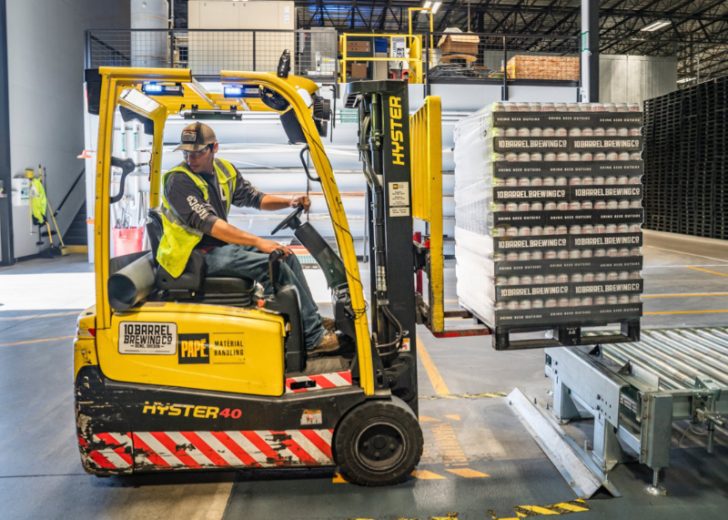Explaining second chance hiring

Second chance hiring solves the ongoing worker shortage, with benefits to employers, employees, and society. Responding to tight labour market and challenges in retaining skilled workers, business owners are changing strategies for hiring, improving benefits and innovative strategies such as second chance hiring. This involves offering equal employment and fair opportunities to people with criminal records, thereby, allowing companies to cope with ongoing hiring shortage. Second chance hiring gives individuals with criminal records or who have been justice-impacted, a fair and equal employment opportunity. The Bureau of Justice says about 70 million Americans have arrest/ conviction records. Thus 33% of American adults face significant barriers in finding employment or reintegration into society. Second chance hiring enables a fresh start by securing workforce employment. Numerous advantages for hiring such individuals exist, as also resources to support second chance employers implementing this practice.
Benefits for second chance hiring for both employers and employees
With the current employee hiring challenges which companies are facing in the current economic climate, second chance employers could broaden the talent pool by using candidates often normally overlooked. Second chance employers have clear benefits by adding to a talented labor force to meet workforce needs, securing bonding opportunities, tax credits, and grant programs available to ease the process and reward efforts. Second chance employees secure an opportunity to build a new life without restraints of past arrest records.

After serving their terms, these individuals can earn sustainable incomes and succeed in their careers with second chance hiring initiatives. A fresh start and a chance to support themselves and their families enable many second chance employees to rise and become very efficient and loyal workers. Often, all that is required is another chance.
Benefits for society
Ensuring that people with past criminal records earn a living, offers them security without having to fight. Most ex-convicts end up as repeat offenders with limited choices, lacking sufficient income and a home to support themselves and their families. Society benefits when justice-impacted folks secure employment opportunities and reducing the continued development of human capital. Ensuring equal access to employment often means keeping people and their communities in safety. What is most important to you as a business owner, is to be clear about potential benefits to your company and start by initiating some important conversations internally with your teams to strategize what implementation strategies could look like.
Implementing second chance hiring

Second chance hiring may be a great idea but success depends entirely on implementation by business. Business owner must be clear about potential benefits to the company and strategize internally with your teams on implementation scenarios. These discussions involve key staff responsible for hiring strategy implementation, ensuring total alignment on and clarity in approach. Learning from other companies that have benefited from second chance hiring and best practices that have worked for corporates can ease replication processes in your own company, as also connecting with community organizations working with justice-impacted individuals. Depending on your business location, organizations exist which are very keen on building relationships, and you can begin to explore how a partnership might work. A small business owner has limited resources, so utilizing the ecosystem and connecting with available community resources and ensuring that staff have what they need and adequately equipped to implement these efforts for success, is important.




